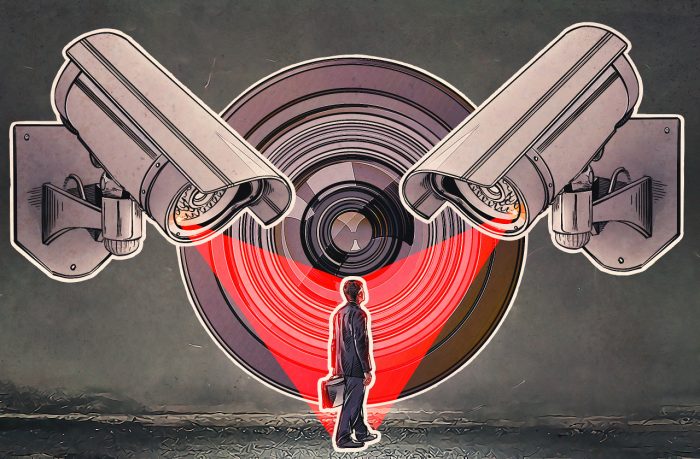
Happy New Quantum Year!
As we see from recent news, quantum computing is evolving faster than anyone could’ve expected. What does this mean for us, the average users?
163 articles

As we see from recent news, quantum computing is evolving faster than anyone could’ve expected. What does this mean for us, the average users?

For a messaging app to be truly private, encryption is not enough. In this post we discuss the necessary features of private messaging.

Teams from 19 universities in the US and UK competed in Kaspersky Lab’s Cybersecurity Case Study Competition. See what they’ve came up with.

It is very possible that in the foreseeable future information will be stored in DNA, and the term “virus” will get back to its literal meaning.

Lately, tech companies have gone crazy about machine learning. What is machine learning, and what are its implications? Here’s our take on this technology.


We continue our series on the mechanics of Internet advertising. This time we will focus on the the various types of ads and how, precisely, they work.

Powerful chatbots can replace real-life communication — and take over the world.

Evgeny Chereshnev, professional cyborg, talks about fascinating new jobs that will emerge in the near future.

Lynch law, loss of basic privacy, disgusting marketing, digital identity theft — how else can facial recognition be misused?

Catching criminals, waking up a sleepy driver, stopping teens from buying cigarettes — facial recognition can help us accomplish all that and more.

Facebook launched Aquila, a solar-powered drone which took its inaugural flight last week. Why does the social network need its own drones and how it is connected to the Google Loon project?

Accurate identification of people’s faces is a very human process but computers are gaining on our processing. A look at what’s going on now and what we’ll see soon.

The Kaspersky Daily team checks if FindFace can really find users on a social media site with one image taken on the street and if it is possible to hide from it. Some interesting peculiarities detected!

How everyone and his dog online make the big data tyranny raise.

VPN’s features and pitfalls from legal and technical standpoint

Big data is amazing for sure, but as any other tech, especially emerging one, it has issues. Let’s take a look what could possibly go wrong with big data implementations.

Apple SIM, Google Project Fi and, for example, GigSky are all virtual SIM cards. OK, what’s so virtual about them?

We have previously discussed what VPN is. Now let’s review its implementations and their advantages and drawbacks.

The next step in SIM cards evolution is not about squeezing them into even more miniscule form factor, it’s about replacing them at all — with a profile stored in connected device.

Our bionic man Evgeny Chereshnev talks on the biochip in his hand and how it makes you a part of the Internet of Things